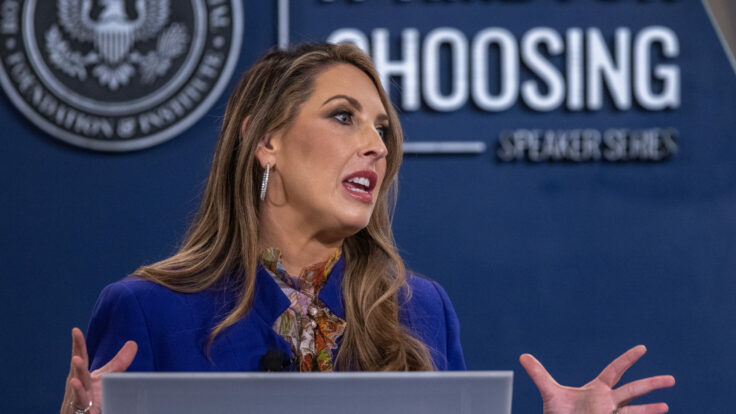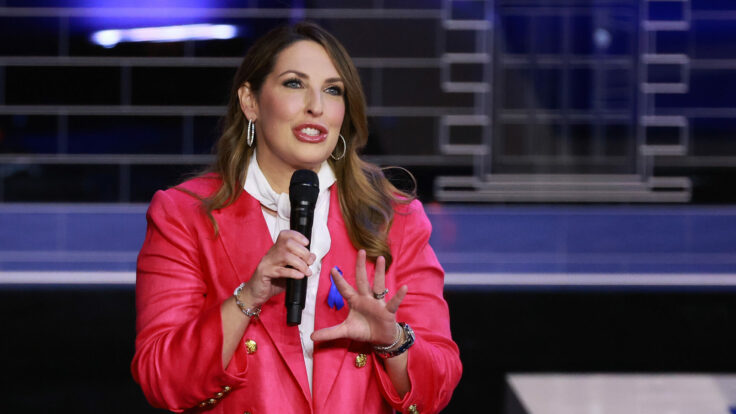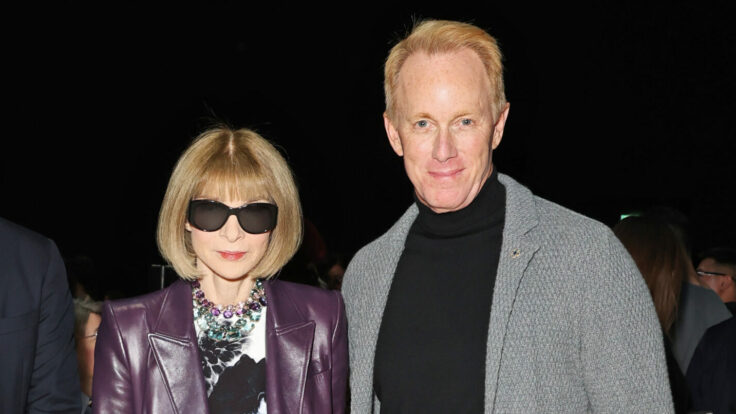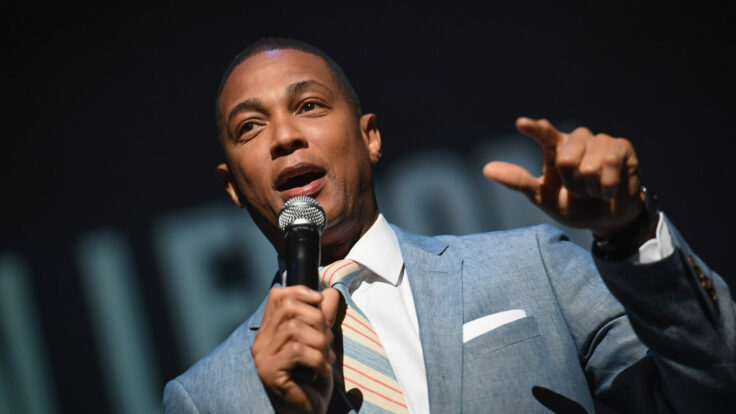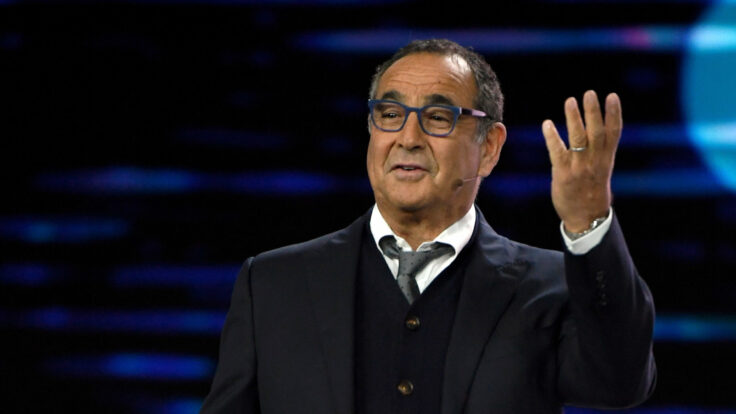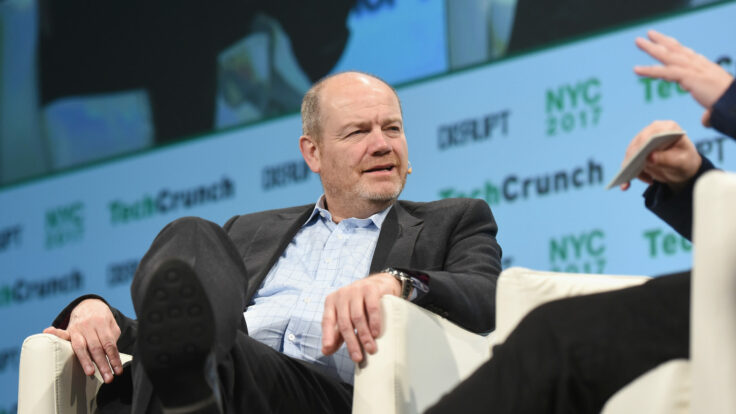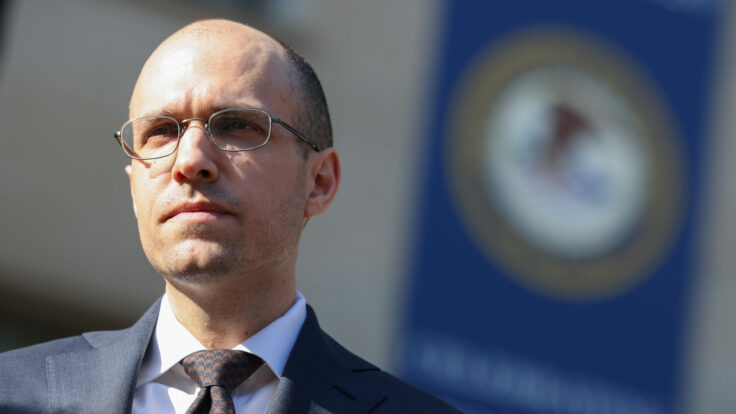Say what you will about Donald Trump, but he had a clarifying effect on the body politic. During his ascent and years in the White House, the country was cleaved neatly into two opposing teams. For once, things became clear and stark, like in a war. Nuance and subtlety became unaffordable luxuries. Politics became a packaged deal, and you had to pick one of the two on offer. And so, if you opposed Trump, you loved journalists. And in part because Trump and his supporters constantly attacked them, liberals valorized them, thanked them for their service, and turned them into mini-celebrities.
Trump also forced the #resistance into a strange embrace of national security experts, diplomats, and even the intelligence community—the very people liberals had grown wary of after George W. Bush’s ill-conceived invasion of Iraq, his wire-tapping and torture programs, and Barack Obama’s continued use of drone strikes. Trump attacked them as the “deep state,” and the #resistance sprung to their defense, perceiving this as an assault on the country’s institutions.








